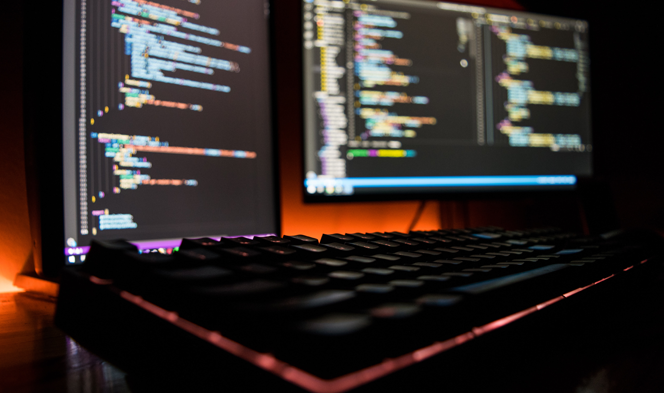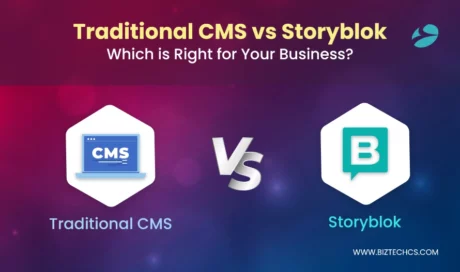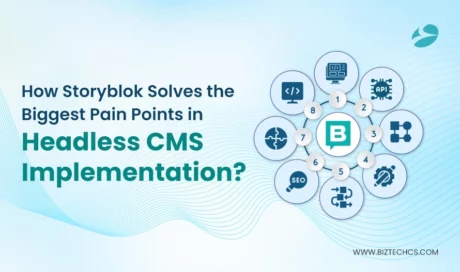1474
Software Takes Advantage of the Hardware in Our Pocket. Can it Reach More Pockets?
05 Feb, 2021
2 min read
1474
05 Feb, 2021
2 min read

One of the things that the pandemic has done is shown us the fragility of life. And that has inspired us to treat our bodies much better. This is where tech comes in. Not that it has to, but this is 2021 and tech comes in pretty much everywhere.
Health tech, in terms of wearables or apps, has become quite accessible. Not that any of these are aiming to replace health care professionals, their aim is merely to keep a close watch on certain physical metrics. From simple step counters at the beginning of the last decade, we’ve come to smartwatches at varying price points and will now go on to health sensors in other wearables.
One of the latest things that are in the works is by Google. Starting this month, its fitness app Google Fit will be able to check heart rate and respiratory rate. For now, this is limited to Pixel devices.
For heart rate, place the phone’s camera in front of you and it watches for the rhythm of your chest’s rise and fall. That is how medical professionals do it. For respiratory rate monitoring, you place your finger on the phone’s camera. All the tests conducted for it have so far come out accurate; though the test subject pool was not very large. It was, however, diverse.
Google says that they won’t be moving these features for Android phones other than Pixel yet. Once they do more testing, an Android phone near you should get the update.
Even if this takes two more years to ship on a large scale, this is a good use of technology. It also plays well with Google’s forecast of more people all over the world having mobile phones.
All stories of consumer health technology might not be as grand as Apple shows us with the Dear Apple ad, but consumer health technology being accessible by everyone is in itself grand.
It is one of those things where one could argue that it’s too much data collection but does that have to be a bad thing? There are plenty of places where medical professionals are not accessible, either due to geography or economy. And even if they are available, the sheer size of the population compared to their availability is too large. In such a situation, what could be the harm of having your heart rate tracked by your mobile on a daily or weekly basis?
Another group of people who wouldn’t have quick access to medical professionals is the ones whose occupations take them to far-flung places or whose time is taken by work and other priorities.
With our lives being as hectic as they are and our lifestyles being as chaotic as they are, we need gadgets that can take care of us. The more health-related metrics we can get from one gadget, the better it is for the environment in the end. And even our pockets.
The devices we carry already have the sensors. What will app developers make of them?
All product and company names are trademarks™, registered® or copyright© trademarks of their respective holders. Use of them does not imply any affiliation with or endorsement by them.

Storyblok
4263
By Devik Gondaliya
02 Apr, 2025

Storyblok
5302
By Devik Gondaliya
01 Apr, 2025

Storyblok
6267
By Devik Gondaliya
27 Mar, 2025